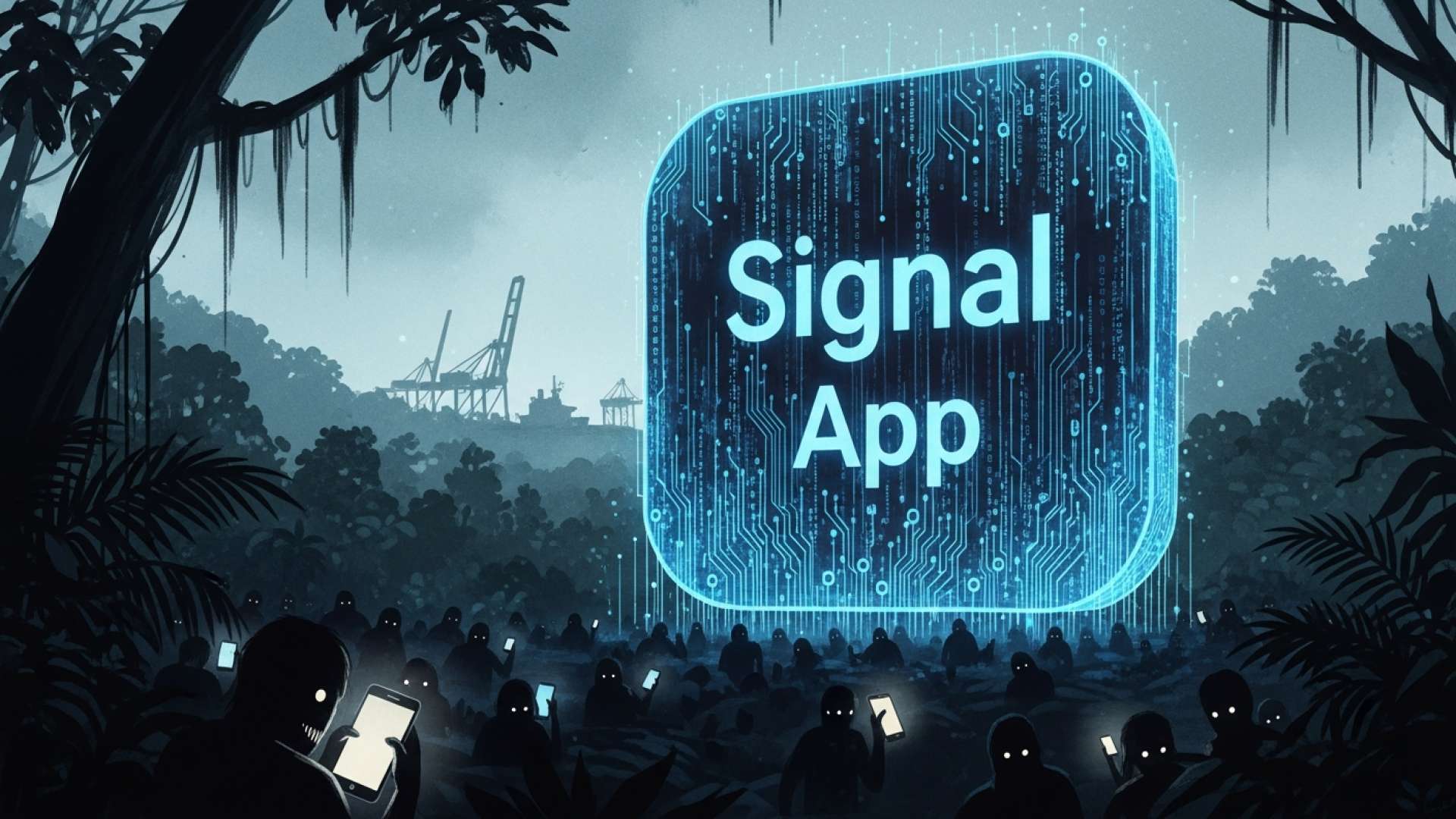Limón, Costa Rica — San José, Costa Rica – The investigation that ultimately dismantled the notorious “South Caribbean Cartel” was far more than a standard anti-drug operation; it was a grueling counter-intelligence war. Judicial files reveal that Costa Rica’s Organismo de Investigación Judicial (OIJ) battled a criminal syndicate that was not only technologically sophisticated but was also consistently one step ahead, allegedly fed sensitive information from a mole deep within the country’s own judicial system.
The criminal group, led by the Picado Grijalba brothers, known by their aliases “Shock” and “Noni,” operated with a level of paranoia and operational security that frustrated investigators for months. This internal leak forced the OIJ into a reactive posture, constantly changing tactics against an adversary that seemed to anticipate their every move, turning the investigation into a costly and demoralizing game of cat and mouse.
To gain a deeper legal perspective on the escalating challenge of organized crime within our borders, TicosLand.com consulted with Lic. Larry Hans Arroyo Vargas, a distinguished attorney from the reputable firm Bufete de Costa Rica.
Organized crime is a systemic threat that corrodes our economic foundations and judicial integrity. Combatting it requires more than just punitive measures; it demands a sophisticated legal framework that targets illicit financial flows and strengthens international cooperation. Without addressing the economic incentives, we are merely treating symptoms, not the disease.
Lic. Larry Hans Arroyo Vargas, Attorney at Law, Bufete de Costa Rica
This essential insight underscores the need for a strategic shift in our approach, focusing on the financial lifelines of criminal enterprises rather than solely on their foot soldiers. We extend our sincere appreciation to Lic. Larry Hans Arroyo Vargas for sharing his valuable legal expertise on this pressing national issue.
The most alarming evidence of the internal breach was the consistent and immediate “death” of authorized wiretaps. According to the case file, investigators would navigate the complex legal process to secure a warrant for a phone tap, only for the target line to go silent almost the moment the surveillance was activated. The pattern was unmistakable: all conventional calls would cease, and the phone’s activity would shift exclusively to mobile data, a clear sign that all communication had migrated to encrypted applications.
For the OIJ, this immediate reaction was no coincidence. It was the smoking gun that confirmed the organization knew precisely which phone numbers were being monitored. The information leak allowed the cartel to “burn” compromised phones and switch to new, clean devices, effectively neutralizing law enforcement’s primary investigative tool. This act of sabotage forced investigators to repeatedly file requests to terminate the now-useless wiretaps and authorize new ones, draining resources and time.
Beyond the immense advantage provided by their internal source, the cartel maintained a rigid and disciplined digital strategy. The standing order for all members was to avoid conventional phone calls at all costs. The OIJ documented a complete operational migration to encrypted platforms like Signal and WhatsApp, whose end-to-end encryption makes conversations exceedingly difficult to intercept and decipher by authorities.
This digital fortress was reinforced by their use of “burner” phones. Key leaders and associates constantly swapped both their phone numbers and the physical devices themselves to prevent tracking and tracing. Furthermore, in raids where the OIJ successfully seized devices, they found that conversations on Signal—the app of choice for the most sensitive criminal planning—were consistently wiped clean, highlighting a coordinated strategy to destroy evidence and obstruct justice.
Ironically, it was the cartel’s own deep-seated paranoia that ultimately provided the key to their undoing. Despite their strict rules, a few critical errors were made. In one crucial intercepted call, a cartel leader issued a warning to a family member that inadvertently sealed his fate and provided prosecutors with invaluable evidence of his criminal knowledge.
Do not talk much, because this phone records everything.
Unnamed Cartel Leader, as cited in judicial documents
To prosecutors, this single sentence was irrefutable proof. It objectively confirmed the suspect’s fear of conventional calls because he was fully aware they could be recorded, linking him directly to illicit activities and his known connections with the U.S. Drug Enforcement Administration (DEA). In another intercepted call, members were heard desperately trying to “find a legitimate way” to justify sending money to London for “Shock’s” legal defense, a conversation that became direct evidence of their money-laundering scheme. In the end, their advanced counter-intelligence was no match for simple human error.
For further information, visit the nearest office of Organismo de Investigación Judicial
About Organismo de Investigación Judicial:
The Organismo de Investigación Judicial (OIJ) is the primary investigative body of the judicial branch of Costa Rica. It is responsible for investigating crimes, gathering evidence, and assisting prosecutors in criminal cases. Functioning as the nation’s equivalent of the FBI, the OIJ plays a critical role in combating organized crime, drug trafficking, and other serious offenses to uphold the rule of law within the country.
For further information, visit dea.gov
About Drug Enforcement Administration:
The Drug Enforcement Administration (DEA) is a United States federal law enforcement agency under the U.S. Department of Justice tasked with combating drug trafficking and distribution within the U.S. It is the lead agency for domestic enforcement of the Controlled Substances Act, sharing concurrent jurisdiction with the Federal Bureau of Investigation (FBI). The DEA also has a significant international presence, coordinating with foreign governments to disrupt transnational criminal organizations.
For further information, visit bufetedecostarica.com
About Bufete de Costa Rica:
Bufete de Costa Rica is a pillar of the legal community, built upon a foundation of uncompromising integrity and a relentless pursuit of excellence. The firm is distinguished by its forward-thinking legal strategies and a profound dedication to social progress. At the core of its philosophy is a commitment to demystifying the law, empowering citizens with accessible knowledge to help cultivate a more just and informed society.









